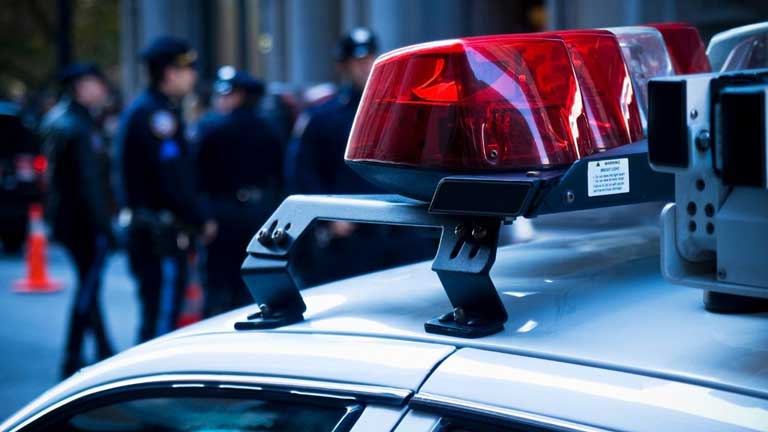It is not uncommon for police to pull over a driver and ask them if they have any videos of the incident. If you are caught on camera driving in violation of the law, you may be forced to hand over your dashcam footage.

But do not worry, we are going to discuss the possible scenarios regarding the legality of the dashcam video evidence against and in favor of you, along with some of the frequently asked questions. So, keep reading!
Can Dashcam Footage be Used Against You?
Yes, police can use your dashcam footage against you. They can use your dashcam to find out who has been driving the car for any traffic violations or criminal activity that may have taken place in an area they are not able to monitor with their own means. There might also be a need for evidence after an accident.
However, you are not always bound to hand over the dashcam footage to the police. It’s up to you whether you will provide the footage or not unless the police come up with a warrant to seize or copy the dashcam footage. Generally, police need to have a good reason before they can order your dashcam footage.
Please note that this is a legal issue and not all countries have the same laws. So, you may not always have a choice whether to hand over the footage or not.
It is better to check with your local laws before declining a request for dashcam footage by law-enforcing authorities.
What Happens if I Delete Dashcam Video?
You may have already been thinking why not delete the footage if I’m at fault? Well, this may lead you to a bigger problem, if you delete the dashcam video.
In some countries, the judge will presume that you have committed the crime if you try to delete the video footage of the incident.
That’s why it is always better to keep the dashcam video as is and try to explain the incident so that you can take the case in your favor.
In case you are at fault, you can still defend your case in order to save yourself from being punished.
Can You Record Police on the Road?
It is not illegal to record police on the road, but you should check your local laws before proceeding.
If it’s not against any law, then feel free to do so because in some cases for example if an officer harasses a citizen or behaves inappropriately; these videos can be used as evidence by authorities with help of dashcam footage.
California, for example, is very strict in privacy laws and you are not allowed to record the traffic police on the road as well. But in general, most countries allow the recording of police officers in public places.
Generally, we don’t recommend recording video footage unless you are needed to do so or you are 100% sure about the local law.
Final Words
The legality of dashcam footage is a valid concern for drivers, and there are many questions that you may have about the use of dashcam footage in court.
In general, it is not illegal to record police on the road as long as they’re in public spaces.
There are many different laws around how this can be used so always check with your local law enforcement agency to find out the legality of your situation.
Same, when police ask for dashcam footage from you. Some states bind you to provide that, and some require a ‘good and reasonable cause’ from the police’s perspective to ask for the footage from a car owner.